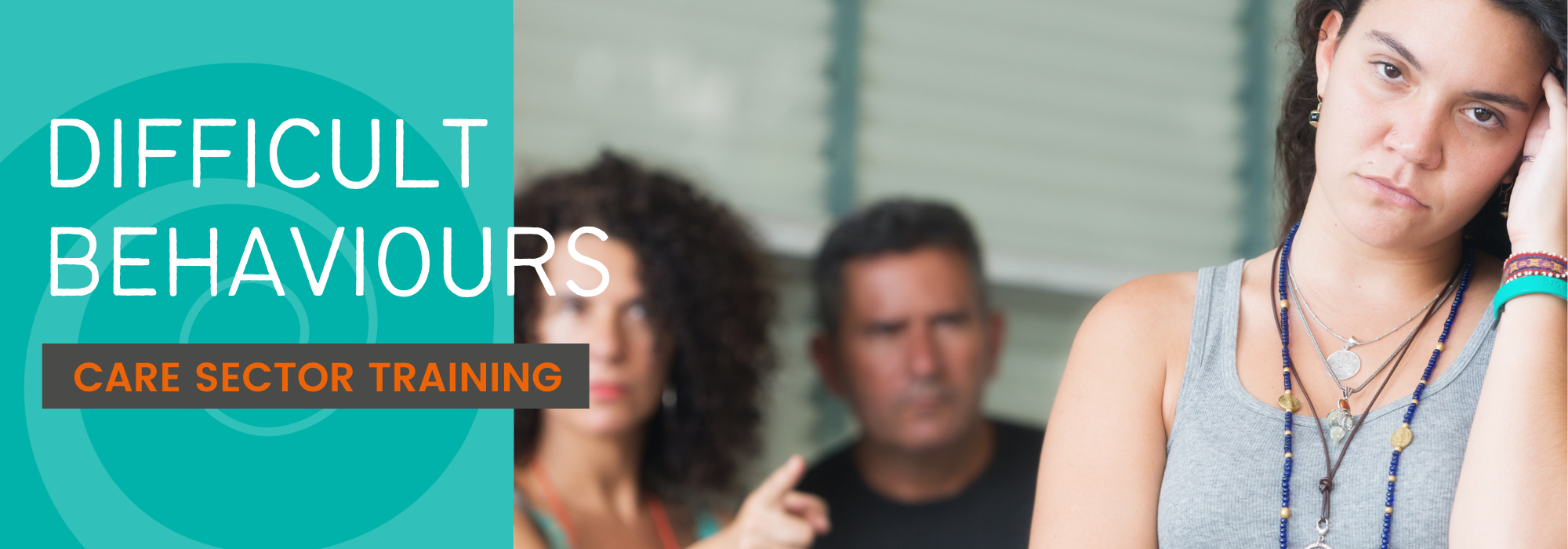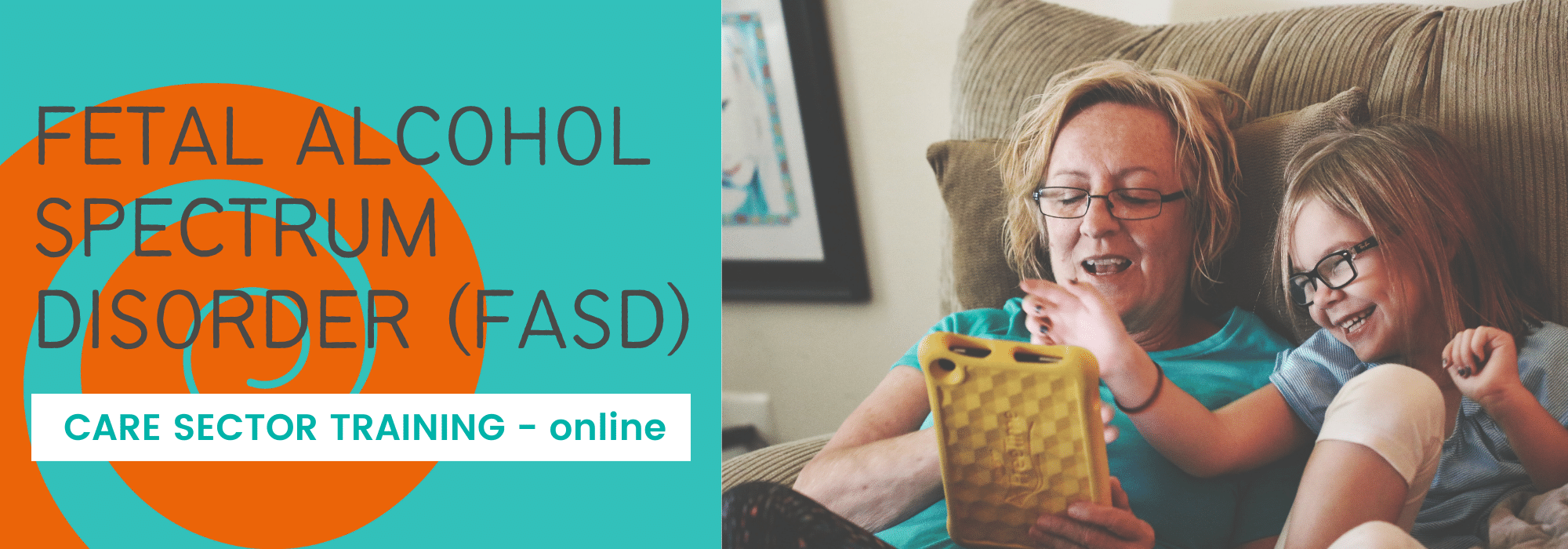Two new trainings for caregivers

In this small group workshop we will look at confrontational interactions between care experienced tamariki and their caregiver. Caregivers are encouraged to explore the reasons why children can regularly be confrontational and the importance of stepping aside. The group will explore different ways of managing their response to avoid being pulled into the conflict.
Confrontation is very much a coercive interaction (a pattern of controlling behaviours that creates an unequal power dynamic in a relationship). Caregivers will learn how to manage coercive interactions and how children have developed this way of being, mainly unconsciously to stay safe.
Perhaps for caregivers some of the most difficult behaviours to deal with are when children lie and steal. These are typical and complex behaviours that children with emotional difficulties display. Caregivers will be helped to understand the reasons why children adopt these behaviours and why they often appear to lack a sense of guilt and remorse. We will explore different ways to help children who lie and steal, without getting angry and confrontational.
You have the option to attend this workshop in-person or online. The in-person course is a 3.5 – hour session. The facilitated online course will be delivered in two, 1.5 hour sessions.
This workshop is based on Kim Golding’s, Nurturing Attachments programme (2014)

Increase your awareness of what Fetal Alcohol Spectrum Disorder (FASD) is and how this may be exhibited in children. You will gain an understanding of the difference between intentional behaviour and symptoms of FASD, as well as learn strategies for working with a child with FASD.
By the end of this online facilitated discussion, caregivers will have an awareness of FASD. Our aim is that caregivers shift their thinking and understanding from behavioural beliefs to a knowledge of brain-based neurodisability. (Neurodisability = a group of congenital or acquired long-term conditions that are attributed to impairment of the brain).
We will discuss the importance of the ten brain domains and identify eight key strategies in working with children affected by FASD. Using this knowledge, caregivers can then respond to the child’s behaviours differently with the understanding of FASD. Finally, we look at how to access support when caring for a child with FASD.
We will be delivering Difficult Behaviours throughout Aoteara face to face this term. We also have online courses of Difficult Behaviours and FASD.
For all caregivers who receive their allowance from Oranga Tamariki, Work and Income or do not receive any care allowances, Oranga Tamariki are funding your attendance. All you need to do is register, it is free.
If you are a caregiver through another care agency you are still able to access our training. Please discuss your training needs with your agency, as they will need to pay for your attendance. We welcome working in partnership with other agencies to meet the needs of their caregivers.
If you require any assistance or have any questions regarding training, please do not hesitate to call Dagmar, Training Administrator on 0800 693 323 or email dagmarc@caringfamilies.org.nz.
